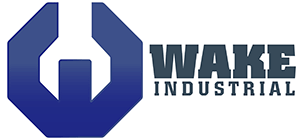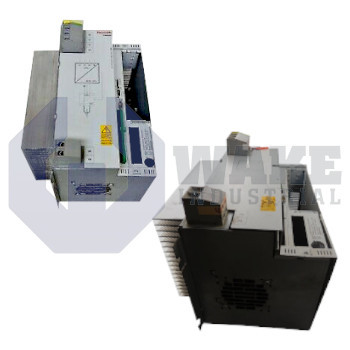Product Description
The PSI6200.206-W1 Frequency Inverter is a water-cooled device widely used in industrial automation systems. It is invented by Bosch Rexroth Indramat with integrated safety features. This high-quality inverter is engineered for demanding processes. It is a highly compatible and trusted option for modern automation frameworks. The voltage and current range are flexible contributing to demanding conditions in industrial automation systems.
The PSI6200.206-W1 Frequency Inverter accepts a three-phase input voltage from 400 to 480VAC at 50 Hz frequency producing an output frequency of up to 1000 Hz and an output current of up to 36kA. This device is specifically designed for welding processes such as spot, projection, and seam welding where continuous power and control are important. There are integrated welding timers and adaptive control in the PSI6200.206-W1 Frequency Inverter for current and voltage that directly adjusts to changing load conditions. These features are important in applications requiring high precision because they allow for fine-turned control and stable output producing high-quality welds with minimal error. Moreover, this device supports parameter monitoring making the operators able to track welding data in real-time and make adjustments when required for quality standards. This inverter device offers easy and flexible interface options for seamless communication within automated systems. It includes support for Fieldbus protocols such as Profibus-FMS or Interbus and a V24/RS232 interface. They simplify the integration into larger networked setups. It also enables easy diagnostic, control, and remote programming.
The PSI6200.206-W1 Frequency Inverter prioritizes protection with integrated safety against overvoltage, overcurrent, and overheating to ensure operation even under heavy usage. It is designed according to the EU Machinery Directive, meeting critical safety and performance standards. The main focus is on adaptability and precise control ensuring the frequency inverter meets the standard demands of automation production environments.


 Wake Industrial Warranty
Wake Industrial Warranty













